PLEASE READ THIS POST FIRST
“Carla was my very best friend. We talked about everything and anything together. It didn’t matter where we lived. If Carla was there, it was home to me. Now I feel very alone.”
- Jim Larson in 1999
When John Huggins was arrested for the murder of Carla Larson in 1997, several ministers who knew him said no way. He was not capable of doing such a horrible act. After all, they proclaimed, this was a gentle giant, anointed by God to do great work. He had become a born-again Christian. He volunteered to go on many missionary trips to Haiti to help build schools, churches, and to run clinics. No, the preachers collectively agreed, John was a good man. For the sake of Carla and all her loved ones, law enforcement thought otherwise.
On her final day, Carla drove to a Publix supermarket a mere five minutes away from where she worked. Located at the intersection of International Drive and Osceola Parkway, she spent $8.63 for pita bread, pretzels, grapes and cherries. She never had a chance to eat any of her purchase.
While Carla’s life came to an abrupt end in 1997, John Huggins is still alive and kicking, and it’s taken some strange twists and turns along the way. This is what happens on death row, and this is why a life sentence without the possibility of parole may be a better punishment than the torture victims’ families must endure for many, many years to come. In some cases, it’s worth the wait. In others, it’s not. I guess it depends on who justice truly belongs to. It is not us, it is the likes of Jim Larson and all who suffer to this day. It is for Carla’s soul which still cries out. It is for John Huggins to own up, something he has never done, and to accept the punishment the state of Florida doled out to him. Like most murderers, he never will.
Here is the twisted journey of John Huggins.
Toward the end of January 1999, Huggins went on trial for the brutal murder of Carla Larson. A career criminal, he had already been convicted and sentenced to life in prison for robbing a bank just three months before he committed murder. This is a man who duped ministers of God, but he would never be able to fool the Almighty. Ultimately, he couldn’t fool a jury, either, and on February 4, less than a month later, he was pronounced guilty as charged; convicted of first-degree murder, kidnapping, carjacking and robbery.
In the fleeting moments after he heard the verdict, he looked at Jim Larson. Larson met his gaze and thought, bye, bye. It was his way of saying go to hell. If anyone had a right to ask for death, it was him, and death he wanted. One week later, a nine woman, three man jury concurred by an 8-4 vote, after deliberating a mere two hours.
The prosecutor had asked the jury to imagine Carla Larson’s last moments. She must have realized she was going to die. “When those hands went around her throat, she was fully and completely aware the last face she would ever see was that one. As she slowly lapsed into unconsciousness and died, that was her final memory.” [To anyone following the Anthony case, does that sound vaguely familiar?]
Incidentally, the jurors were never told about Jim Larson’s sister, murdered seven-and-a-half years earlier in Gainesville, by Danny Rolling.
On February 26, Carla may have thought justice was served had she been around, because the judge agreed with the jury. Her father, Mert Thomas, said,“That’s the way it should be. It still doesn’t bring her back.”
What the judge had to say was very damning to John Huggins. In his 14-page sentencing order, he read, “One can only imagine the alarm, the anxiety, the apprehension, the fright and the terror that she felt as she was forced to ride to her demise.
“What fear and horror she must have felt when she was forced to walk from her vehicle into the wooded area - Carla Larson’s own death march to Bataan. No one can truly know the emotional strain and physical pain she had to endure as she struggled to breathe as the defendant strangled her to death.”
The judge spoke a total of 30 minutes. “John Steven Huggins, you have not only forfeited your right to live among us as a free man, but under the laws of the state of Florida, you have forfeited your right to live at all… You shall be put to death in the electric chair by having electrical current passed through your body in such amount and frequency until you are rendered dead… John Steven Huggins, may almighty God have mercy on your soul.”
This did not bring the Larson and Thomas families any happiness, but they were willing to move on. Sadly, if you think this is where it ended and the world went merrily on its way, guess again. This was only the start of things to come.
♦
Within weeks of the conclusion of the trial, Preston Ausley, an engineer working for the Orange County Courthouse, contacted Huggins’ defense attorneys and told them about information the state knew but never disclosed. On March 25, 1999, his defense filed a petition for a writ of habeas corpus in court, alleging that the state withheld evidence that would have been favorable in direct violation of Brady, which consists of exculpatory (or impeaching) information that is material to the guilt or innocence of a defendant. It’s based on the U.S. Supreme Court case, Brady v. Maryland, where the court ruled that suppression of evidence by the prosecution to the defendant who has requested it violates due process.
In a detailed written order, the same trial court and judge found that the state violated the dictates of Brady and granted Huggins a new trial. Of course, the state appealed the ruling and lost. Here’s what the trial court ordered:
On June 16, 1997, an individual named Preston Ausley spoke with Detective Daniel Nazarchuk of the Orange County Sheriff’s Office. Mr. Ausley had contacted the Sheriff’s office with information regarding the Carla Larson case. Mr. Ausley told Detective Nazarchuk that a white Explorer cut him off in traffic [in Orlando] and that he had written down the tag number. Mr. Ausley told Detective Nazarchuk that he had verified within one digit that the license plate number he had recorded was the same as that of Carla Larson’s Explorer. As a result of this conversation, lead sheet 302 was created from Detective Nazarchuk’s notes. The lead sheet wasprovided to the defense during discovery.
At the evidentiary hearing, Mr. Ausley claimed that he told Detective Nazarchuk that the individual he saw driving the vehicle was a white female in her late twenties to early thirties with blonde hair justbelow the shoulder. However, Detective Nazarchuk’s notes indicate that Mr. Ausley said he saw a white male of the same description driving the vehicle. Detective Nazarchuk recorded the date of thesighting as June 12, 1997. However, Mr. Ausley believes it was June 11, 1997. At the hearing, Mr. Ausley explained that he is very bad with dates and came to the conclusion that he encountered Ms.Larson’s truck on June 11, 1997, by verifying the date through other sources.
Thereafter, on February 1, 1999, the day after seeing Angel Huggins on television during coverage of Defendant’s trial, Preston Ausley went to the Office of the State Attorney to speak with the State Attorney for the Ninth Judicial Circuit, Lawson Lamar. Mr. Lamar was unavailable. Mr. Ausley was directed to Assistant State Attorney Dorothy Sedgwick who spoke with him briefly. Ms. Sedgwick asked Pat Guice, an Investigator with the State Attorney’soffice, to speak with Mr. Ausley and take a tape recorded statement.
In the recorded statement provided to Mr. Guice, Mr. Ausley stated that when he saw Angel Huggins on television it struck him that she resembled the white female with blonde hair he had seen driving the white truck with a license plate that matched Carla Larson’s within one digit on the morning of June 11, 1997, on International Drive.
After he had given his statement, Mr. Guice requested that Mr. Ausley return the next day so that the attorneys, who were at that very time prosecuting Defendant’s case in Jacksonville, could speak with him.
The next morning, the Assistant State Attorney who was prosecuting the case in Jacksonville spoke to Ausley by phone. After this conversation, the prosecutor determined that Ausley’s name had been given to the defendant in lead sheet 302, and that his statement did not support what he ”believed the defense’s theory of the case would be, and Mr. Ausley’s statement was of little value.”
Therefore, the state decided not to disclose the tape recorded statement or the information about what Ausley said he saw. As a matter of fact, this particular prosecutor was in court that same day and never disclosed it. The trial concluded later that week.
In overturning the verdict, the trial court judge analyzed every bit of evidence presented at trial and determined that prejudice ensued as “the suppression of Mr. Ausley’s statement resulted in a verdict that is not worthy of confidence.”
With that, John Huggins was granted his new trial. All charges against him were vacated and upheld by the Florida Supreme Court on appeal. Of course, he was still in prison for the bank robbery, if that had any redeeming value.
♦
To Jim Larson and all of Carla’s family and friends, it was like living through another devastating nightmare, but justice came once again. This time, the trial took place inside an Osceola County courtroom, but it didn’t serve Huggins any better. Hours after firing his lawyer, which seems to be consistent with the strange minds of convicted derelicts, he was convicted again on July 25, 2002. Jurors deliberated for five hours instead of two before deciding he was guilty of first-degree murder, carjacking, kidnapping and petty theft. What brought one charge down from robbery beats me. A pear-shaped diamond engagement ring and other jewelry isn’t petty, in my opinion.
His defense attorney this time was Orange-Osceola Public Defender Bob Wesley, if you remember him from Casey’s indigence hearing. He failed to sway jurors that it could have been his friend Kevin Smith, the man who let Huggins keep the SUV at his house until he torched it. The Assistant State Attorneys showed proof that Huggins had been staying at the Days Inn directly across the street from the Publix where Carla was abducted.
Like the Casey Anthony case, the evidence was primarily circumstantial. Witnesses testified they saw a man driving a white Ford Explorer that looked like hers. The man behind the wheel looked like Huggins, too, and her jewelry was found hidden in his mother-in-law’s back yard shed. Very incriminating, indeed, but still circumstantial.
As soon as Huggins fired his Public Defender, he told the judge, “We’ve come to an impasse on strategy for the penalty phase.”
The judge cautioned him, but agreed. He then ordered Wesley to remain on stand-by. “I think nothing is more personal than a decision to live or die,” Wesley said of Huggins’ decision.
Foolishly, he did represent himself during the penalty phase, one which showed him to be unemotional. It lasted all of one hour. In his argument against death, he said that he had a difficult childhood. He spoke of the wonderful work he did serving the sick and poor people in Haiti, tending to the afflicted no one else wanted to help. Imagine how much good he could “contribute to the prison community if given a sentence of life without parole.”
With no reservation, the judge told him, “You have not only forfeited your right to live among us as a free man, but under the laws of the state of Florida, you have forfeited your right to live at all.” Shades of deja vu.
Clearly, the judge had considered those mitigators, but in the end, he said they were far outweighed by five aggravating factors, including his prior felony record and the fact that Larson was kidnapped before she was killed. He also noted that jurors, who recommended the death penalty, unanimously found Larson’s murder to be “especially heinous, atrocious or cruel.”
“The horror, the agony, the emotional strain and fear she must have felt knowing of her impending death is beyond comprehension,” the judge exclaimed.
♦
Four years later, in November of 2006, John Huggins had a new attorney willing to take up his cause. While we may question why, this is the way the justice system works, and this is why I will never deny Casey Anthony a proper defense, no matter what. If scum like Huggins deserve it, so does she.
This time, it was a matter of his competence., and it was the first time it had come up in his case, according to his Tampa-based attorney, Eric Pinkard, who said he became concerned when he had trouble communicating with his client, according to a report in the Orlando Sentinel. [I do find it interesting that death row inmates tend to lean toward incompetence when all else fails, but that’s just my own personal observation and opinion, and one that Casey may pursue many years down the road if she is convicted and sentenced to die.]
The following day, the judge decided he was incompetent after three doctors agreed that Huggins couldn’t help his defense prepare his appeal case, and that he needed psychological treatment, including anti-psychotic prescriptions. In the state of Florida, an inmate on death row cannot be executed while receiving treatment. Slowly, the wheels of justice turn.
The judge ordered him to remain in the custody of the Department of Corrections and to be treated by doctors from the Department of Children & Families. “I’m OK with this,” said Jim Larson. “This is how the system works.”
The judge also ordered DCF officials to submit a report in 90 days.
John Huggins knows how to manipulate the system. After so many back and forth arguments over his competency - yes he is, no he’s not - the trial judge decided on October 20, 2009 that he was, in fact, competent. This came after he heard testimony from a psychologist who found him to be a liar who also exaggerated the truth. For three years, he was in a legal state of sanity limbo; in and out of a world of competency. Finally, he was deemed sane enough to proceed with his legal appeal! Or so we thought.
In November, only a month later, his attorney had another evaluation done by Tampa-based psychologist Richard Carpenter. At a July [2010] hearing, Carpenter testified that Huggins demonstrated signs of mental illness. “He expressed these delusions about the Feds, the Dixieland Mafia and that he was being framed,” and here we go, all over again, twelve years after the murder of Carla Larson.
In that July hearing, prosecutors noted that the issue of Huggins’ competence has lingered for years and suggested that his repeated evaluations could have taught him how to trick those tests. The judge expressed frustration over the time it took from tests done in November and when the motion was filed, more than six months later, and to complicate matters even more, Huggins filed his own documents requesting that his legal team be removed. He refused to meet with his attorneys and Carpenter. Quite clearly, this has been one mess after another, and it clogs up the system. Had John Huggins only put his talents to good use.
Meanwhile, his attorney argued that an upcoming hearing on post-conviction appellate claims should be delayed until the question of his competency is settled.
The judge insisted that the hearing would take place next month while that is being decided. Also, there are remaining issues over claims involving ineffective counsel and prosecutorial misconduct. “This case is mired in quicksand,” he said, and he’s not convinced whether Huggins is delusional or trying to delay the process.
Now, we come to August, and how far have we advanced? Once again, the judge asked court-appointed experts to try to come up with an opinion regarding Huggins’ competency by reviewing doctor’s notes. “I am competent,” he told the court. “My mental condition is sound and always has been sound.”
Huh?
During the hearing held in the final week of the month, guards had to forcibly remove Huggins from his cell at Florida State Prison in Starke so he could attend. An electronic stun belt was attached to his body that would shock him if he acted out. A deputy stood by ready to zap him with 50,000 volts. Needless to say, it wasn’t necessary, although he was anything but cooperative, and he has shown a history of animosity toward this particular judge.
As the latest hearing wrapped up, Jim Larson said he was planning on taking a trip up to Gainesville to attend the 20th anniversary remembrance of his younger sister, Sonja, murdered and mutilated by serial killer Danny Rolling, now executed, as John Steven Huggins continues to legally mutilate the justice system.
Larson said he was confident this is the countdown to Huggins’ execution. “I was there for the last one [at Rolling’s execution] and I’ll be there for this one, front row. Maybe he’ll send for me.”
♦
Oh yes, there’s just one more thing of special importance. After attending Casey’s last status hearing, I spoke to Jeff Ashton about John Huggins on the way out of the courtroom. You see, he was the prosecuting attorney when it all began. He was the one throughout all these years of trials and motions. It was Jeff Ashton who represented the state time and time again. I asked him what he thought. How would this latest hearing turn out? “I don’t know. I really don’t know. It’s in the judge’s hands.”
The judge? Oh, yes, that would be Chief Judge Belvin Perry, Jr., the same one who found Huggins to be incompetent, but the same judge who sentenced him to death. Twice.
See also: Commission on Capital Cases
 Saturday, December 8, 2012 at 9:38AM
Saturday, December 8, 2012 at 9:38AM 
 Dave Knechel | tagged
Dave Knechel | tagged  Carla Larson,
Carla Larson,  Investigation Discovery,
Investigation Discovery,  Jim Larson,
Jim Larson,  John Huggins,
John Huggins,  Motives & Murders | in
Motives & Murders | in  Chief Judge Belvin Perry,
Chief Judge Belvin Perry,  Dave Knechel,
Dave Knechel,  David B. Knechel,
David B. Knechel,  David Knechel,
David Knechel,  Death Penalty,
Death Penalty,  Forensics,
Forensics,  Human Interest,
Human Interest,  Jeff Ashton,
Jeff Ashton,  Marinade Dave,
Marinade Dave,  Marinade Dave Knechel,
Marinade Dave Knechel,  Ninth Circuit Court,
Ninth Circuit Court,  Orange County Sheriff’s Office,
Orange County Sheriff’s Office,  marinadedave |
marinadedave | 
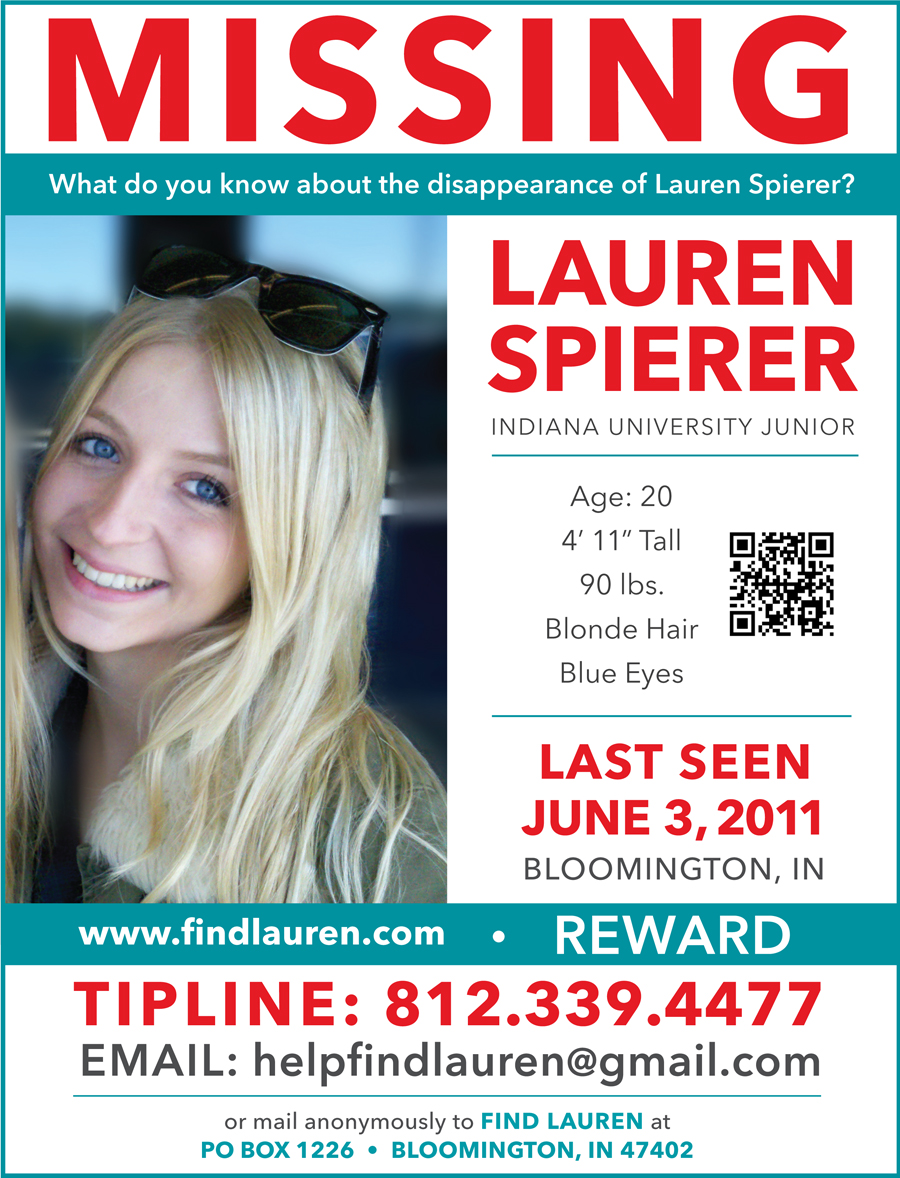
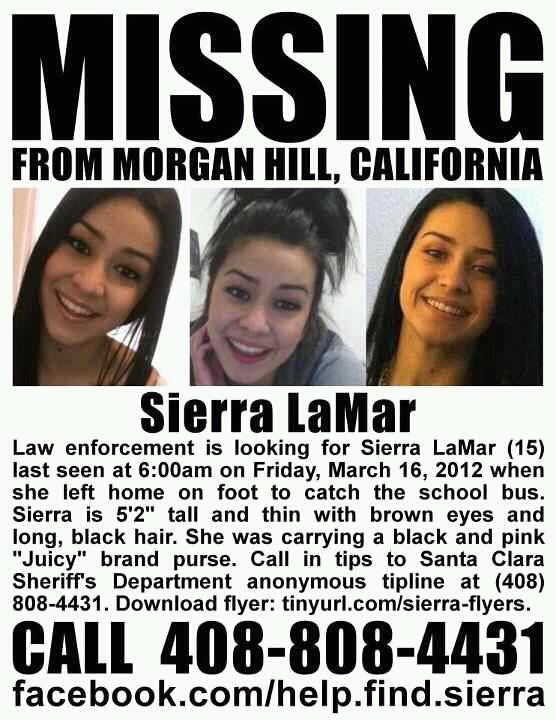
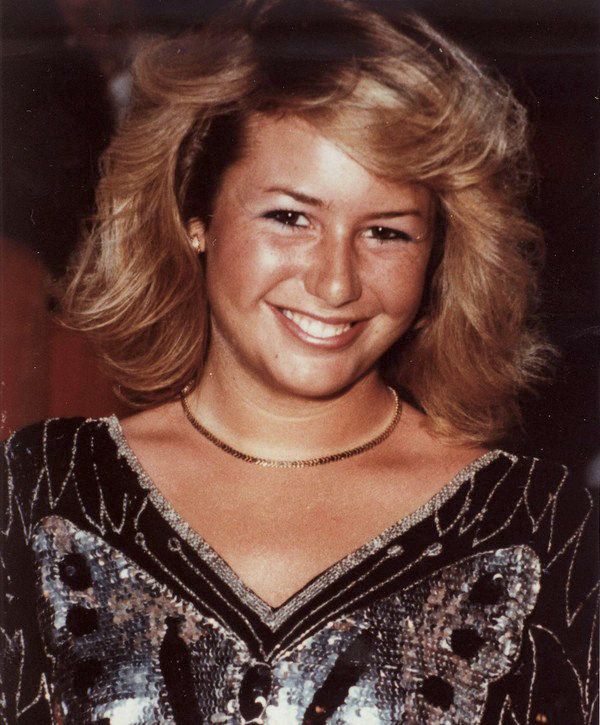
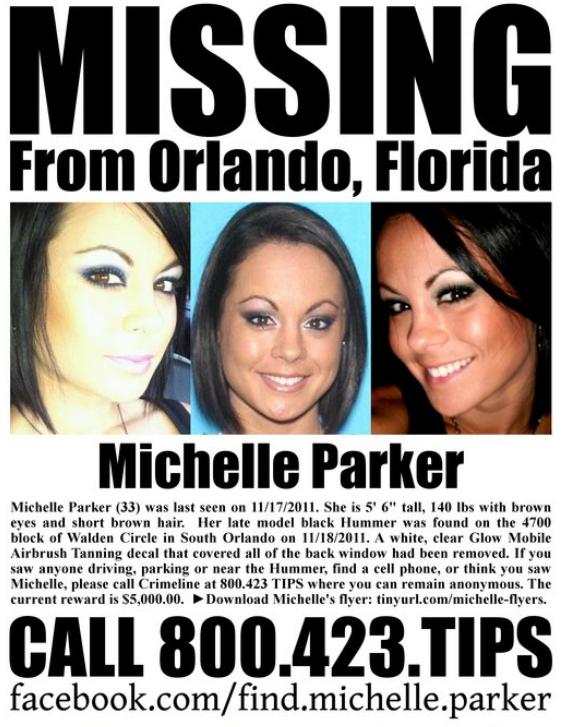
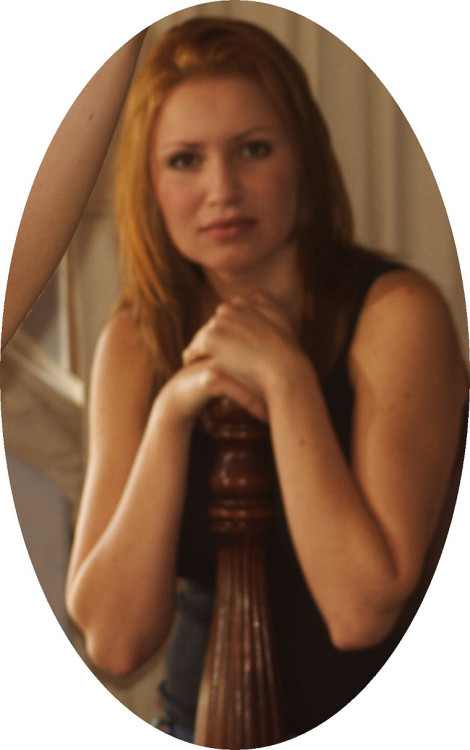
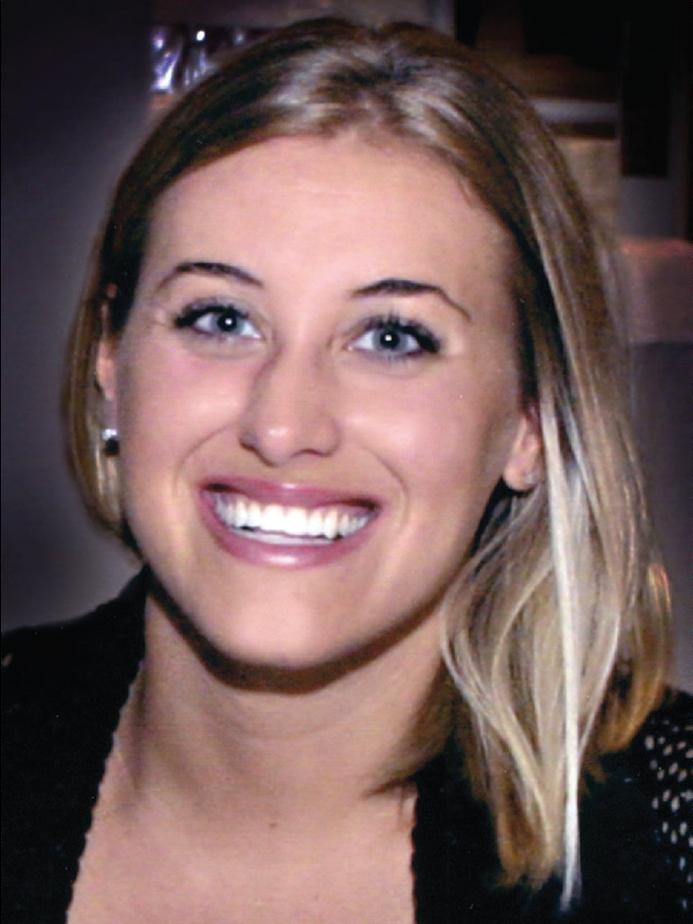












 LEGAL NOTICE
©David B. Knechel. All Rights Reserved. No portion of this site can be reproduced in it's entirety or in part without expressed written permission by the owner/administrator of this site in accordance with the Digital Millennium Copyright Act. Section 512(c)(3) of the U.S. Copyright Act, 17 U.S.C. §512(c)(3). The charges against defendants are mere accusations and the subjects are presumed innocent until found guilty in a court of law.
LEGAL NOTICE
©David B. Knechel. All Rights Reserved. No portion of this site can be reproduced in it's entirety or in part without expressed written permission by the owner/administrator of this site in accordance with the Digital Millennium Copyright Act. Section 512(c)(3) of the U.S. Copyright Act, 17 U.S.C. §512(c)(3). The charges against defendants are mere accusations and the subjects are presumed innocent until found guilty in a court of law.